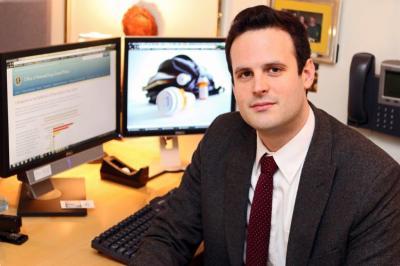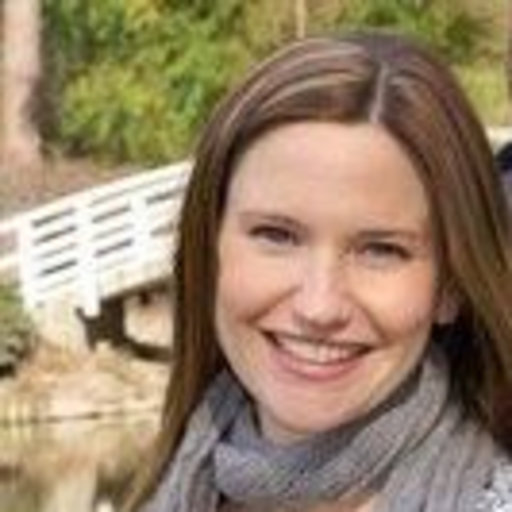


Dodge, William McDougall Professor of Public Policy. Typically, they perform a thorough review of their health, as well as their symptoms, and then turn to testing techniques, such as a polysomnography and/or an actigraphy.įrom there, they recommend a treatment plan that best addresses the cause of your child’s sleeplessness. The Duke University Center for Child and Family Policy was established on July 1, 1999, with Kenneth A. How are pediatric sleep disorders diagnosed and treated?īecause of the number of sleep disorders that can affect children, there are many ways the pediatric sleep specialists at Texas Pediatric Specialties and Family Sleep Center approach the problem. You know your child best, so if you notice a change in their sleep patterns or energy levels, seek the counsel of one of the pediatric sleep specialists at Texas Pediatric Specialties and Family Sleep Center. The symptoms of sleep problems vary depending upon the underlying cause, but there are a few warning flags you should be on the lookout for, including: What are the signs of a pediatric sleep disorder? This list is by no means comprehensive, but it gives you an idea of the breadth and scope of the many problems that can leave your child sleep-deprived. Parasomnias, such as sleepwalking or talking and night terrors.Sleep-related movement disorders, such as restless leg syndrome.There are many disorders that can interfere with your child’s sleep, but the most common include: What are the most common pediatric sleep disorders? While every child has unique circumstances and some may require a little more or a little less sleep, these guidelines provide a recommended starting point. Find Treatment details, care types, payment methods, and more at Recover Mental Health. In addition to providing clinical services at the Duke Child and Family Study Center, Leonczyk is collaborating with Dr. Infants (3 to 11 months): 14 to 15 hours Get Reviews and Contact information about Duke Child and Family Study Center, Durham, NC 27705.The pediatric sleep specialists at Texas Pediatric Specialties and Family Sleep Center recommend the following sleep schedule for children: How much sleep should my child be getting? Many studies show that sleep is important for brain development and the lack of proper sleep may contribute to behavioral or developmental problems, as well as anxiety. Good sleep is imperative for children, from newborn infants to adolescents.


 0 kommentar(er)
0 kommentar(er)
